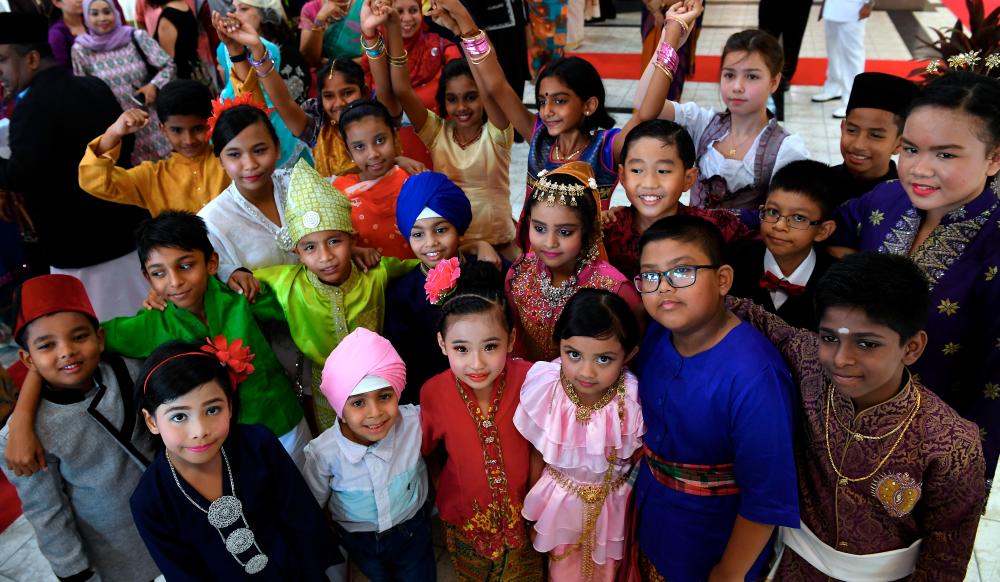PETALING JAYA: With racial stereotyping still a problem in the country despite 66 years of independence, an academician has called on educational institutions to play a key role in strengthening unity among the people.
National Association of Private Educational Institutions secretary-general Dr Teh Choon Jin said initiatives that promote understanding within the framework of Malaysia’s diverse multicultural landscape are a must.
“The Malaysia Madani concept, which is rooted in six core values, namely sustainability, compassion, respect, innovation, prosperity and trust, underscores the government’s commitment to fostering social inclusion.
“Educators are driving initiatives that celebrate the country’s rich cultural tapestry. For instance, students are given platforms to host festivals representing Malaysia’s diverse ethnicities.”
Teh said events like National Day and Cultural Day serve as reminders of “unity amid diversity”.
He added that teachers serve as catalysts to guide students in their endeavours and ensure that the next generation appreciates and embraces the beauty of living in a country that has a rich diversity of races, religions and cultures.
“However, achieving ‘real’ social inclusion in Malaysian schools can be challenging because, despite various efforts, the wider community’s polarised narratives are often made worse by ‘skewed’ media reporting that can reinforce race and religious biases among students.”
Teh said language-centric environments such as those in vernacular schools, and limited cross-cultural interactions further entrench ethnic divisions.
He said the home environment, which is pivotal in shaping young minds, sometimes perpetuates negative stereotypes and undermines school-driven initiatives.
Teh said while educators aim to foster unity, in the broader societal context, familial and communal dynamics continue to be factors influencing racial biases.
“Fostering inclusivity demands a holistic strategy that engages schools, families and communities in a concerted effort to build a harmonious coexistence.”
Teh said professional development opportunities are important for educators aiming to bolster social inclusion and unity within classrooms.
He said participation in diversity workshops offers practical insights into cultural and socioeconomic backgrounds and equips educators with strategies to nurture an inclusive environment that bridges communication gaps.
“Tackling ethnic polarisation requires culturally sensitive measures that promote constructive interactions among different ethnicities in school.
“Beyond the surface-level introduction of ‘tolerance’ in curricula, there is an urgent need to instil a profound appreciation for the nation’s diverse religions, cultures, festivals and histories, emphasising national unity.”
Universiti Pendidikan Sultan Idris social communications lecturer Dr Khairul Azam Bahari said media portrayal plays an important role in shaping societal perceptions and attitudes.
“Although the media showcases stories of unity, like during the Merdeka month, there’s a lack of consistent and sustained efforts to uphold these values.
“For genuine unity to be fostered, media organisations must adopt a more proactive approach to showcase narratives that celebrate Malaysian diversity.”
Khairul Azam said the role of influencers and content creators would become increasingly important in shaping perceptions and fostering inclusivity.
“Although there is no denying the appeal of making money on the internet, influencers also must use their reach to benefit society and change negative perceptions of race and religion.
“Efforts such as national peace movements led by influential figures, can create a lasting impact beyond online trends. Social communication should influence unity in society and not just be for personal gain.”
Teachers serve as a catalyst to guide students in their endeavours and ensure the next generation appreciates and embraces the beauty of living in a country that has a rich diversity of races, religions and cultures. – BERNAMAPIX









